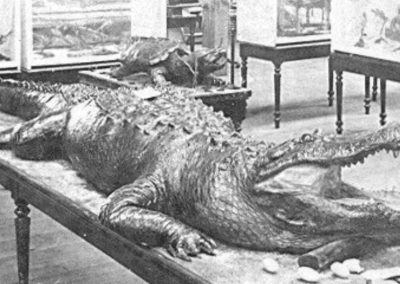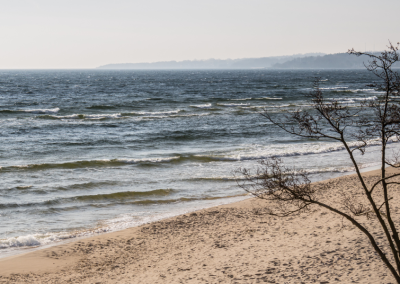College football has changed dramatically over the past few years.
The landscape of sports will look completely different after a lawsuit.
And former Florida coach Steve Spurrier was stunned at this momentous change to college football.
Florida colleges debate how to handle paying players directly
The arms race in college football used to be pouring money into practice facilities, stadium upgrades, and highly paid coordinators.
A Supreme Court ruling opened the door for college athletes to be paid for their name, image, and likeness (NIL).
NIL quickly became a backdoor way to pay players directly versus making some endorsement money on the side.
A preliminary settlement in the House v. NCAA lawsuit will bring even more dramatic changes to college sports.
Colleges can share up to $20.5 million in revenue with student-athletes in every sport.
For the first time, schools will be in the business of paying players directly.
The public colleges in Florida including the University of Florida and Florida State University are figuring out how to navigate this new system.
The $20 million in payments is an added new expense, and the money will have to come from somewhere.
Mid-major schools like Florida Atlantic University will share substantially less revenue than the $20 million with athletes.
Florida State and Florida could have to make cuts in or eliminate some Olympic sports, create new fees, or even use taxpayer money to compete.
Florida Education Commissioner Manny Diaz Jr. warned that SEC schools could start funding their programs with taxpayer money.
“It’s an arms race, let’s call it what it is,” Diaz Jr. said. “This could be affected by having other states decide. You have Alabama, or you have Tennessee — you have other places decide that they’re going to pour some state funds into this, and then it puts our universities at a disadvantage.”
Game changer for college football
Colleges will have to pay out a collective $2.8 billion over 10 years in damages to previous student-athletes as part of the settlement in the House lawsuit.
The cost of the settlement and revenue sharing is going to leave colleges with some major decisions to make in this new era.
“It’s that balance of wanting to conserve public money, which is a laudable goal and probably the best one from a stewardship standpoint, and wanting to compete for national titles,” labor attorney Josh Nadreau said.
Florida Board of Governors chair Brian Lamb said there are some tough questions that must be answered to figure out what comes next.
“Is everything on the table? What are the various sources or options to close what might be a gap around investing to remain competitive in college?” Lamb asked. “There are conversations, there are leaders, that have said, ‘Are there ways for us to fund this in a way that might include state dollars?’”
The Florida Board of Governors is considering a rule to allow colleges to use the money from auxiliary services like bookstores, golf courses, and food courts to go toward athletics.
Other schools are taking a more direct approach.
The University of Tennessee is adding a 10% fee to tickets to go toward paying players.
“From a public policy standpoint, there’s probably taxpayers out there that don’t want state money going to athletes,” Florida State board chair Peter Collins said. “But you can’t deny the impact of athletics on our universities. In many cases, it’s the front door.”
College sports are going to continue to undergo major changes over the next few years.
DeSantis Daily will keep you up-to-date on any new developments in this ongoing story.









